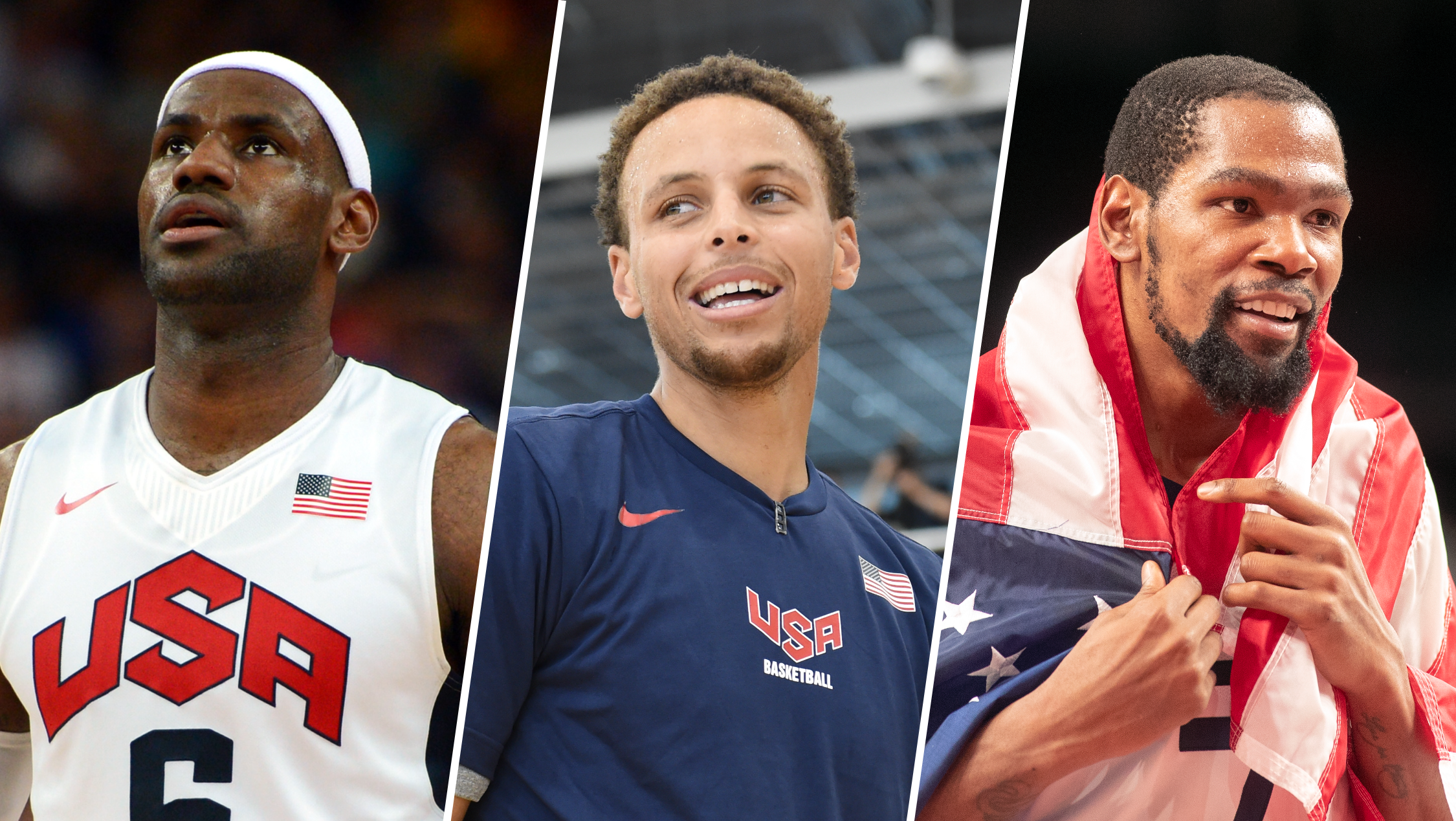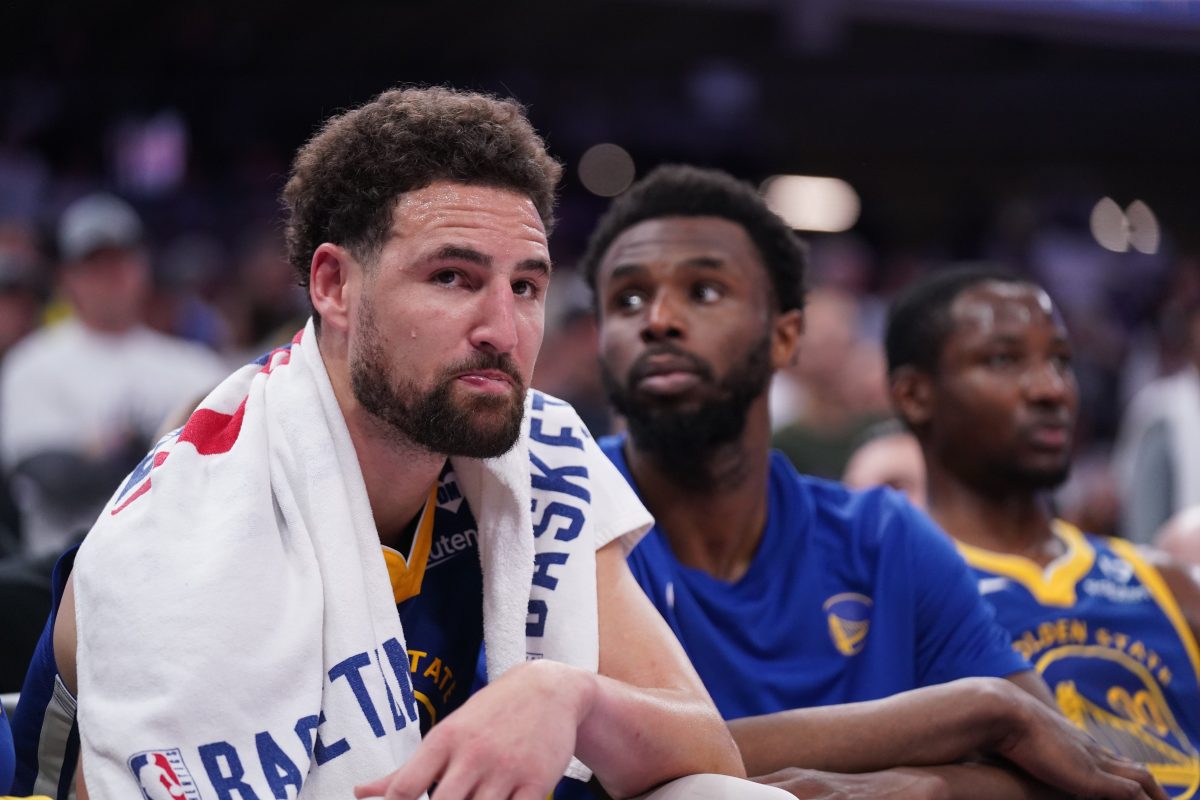Former 49ers receiver Dwight Clark, the man responsible for The Catch, announced via Twitter on Sunday that he has ALS.
The message, posted about 6 p.m., contains a link to a statement Clark wrote detailing his diagnosis and how he intends to battle the disease.
Amyotrophic lateral sclerosis, more commonly called Lou Gehrig's disease, is a nervous system disease that affects muscles and physical function, according to the ALS Association website.
Clark released a statement Sunday, saying in part: "While I’m still trying to wrap my head around the challenge I will face with this disease over the coming years, the only thing I know is that I’m going to fight like hell and live every day to the fullest. ...
"I’ve been asked if playing football caused this. I don’t know for sure. But I certainly suspect it did. And I encourage the NFLPA and the NFL to continue working together in their efforts to make the game of football safer, especially as it relates to head trauma."
Clark, 60, played nine seasons in the NFL, all with the 49ers, and is famous for making a leaping catch in the back of the end zone during the final seconds of the 1981 NFC Championship game against the Dallas Cowboys. The victory propelled the 49ers to their first Super Bowl championship.
Sports
He would go on to help the team win its second Super Bowl title after the 1984 season. Clark retired from the NFL in 1987, and his No. 87 jersey was retired by the 49ers in 1988.
49ers CEO Jed York released a statement on behalf of the team Sunday evening.
"I was deeply saddened to learn of Dwight's recent diagnosis. As a member of our family, he will receive the full and unconditional support of the San Francisco 49ers. ... We will stand alongside Dwight and his family as they wage this battle."
Dr. Catherine Lomen-Hoerth, director of the UCSF ALS Treatment and Research Center, applauded Clark for sharing his diagnosis.
"I think this announcement alone will impact the entire country because we need donors for more research, and this will help others with symptoms seek diagnosis," she said.
More than 6,000 people in the U.S. are diagnosed with ALS each year, the ALS Association says. Half of all people affected with ALS live at least three or more years after diagnosis. Twenty percent live five years or more; up to 10 percent will live more than 10 years after they've been diagnosed.
Clark's statement in full:
In September of 2015, I started feeling weakness in my left hand. I was mildly paying attention to it because since my playing days, I’ve constantly had pain in my neck. I was thinking it was related to some kind of nerve damage because it would just come and go.
After months of tests and treatment, I got some bad news. I was diagnosed with amyotrophic lateral sclerosis.
I have ALS, also known as Lou Gehrig’s disease. Those words are still very hard for me to say.
While I’m still trying to wrap my head around the challenge I will face with this disease over the coming years, the only thing I know is that I’m going to fight like hell and live every day to the fullest.
There is no test that will positively diagnose you with ALS. You have to eliminate the possibility of all other diseases and disorders and then wait to see what additional symptoms you develop. I visited six neurologists and three ALS specialists. I also was treated for a B12 deficiency, which sometimes can mirror the symptoms of this debilitating disease.
In addition to losing strength in my left hand – which makes opening a pack of sugar or buttoning my shirt impossible – I have now experienced weakness in my right hand, abs, lower back and right leg. I can’t run, play golf or walk any distances. Picking up anything over 30 pounds is a chore. The one piece of good news is that the disease seems to be progressing more slowly than in some patients.
I’ve been asked if playing football caused this. I don’t know for sure. But I certainly suspect it did. And I encourage the NFLPA and the NFL to continue working together in their efforts to make the game of football safer, especially as it relates to head trauma.
What I do know is I have a huge battle in front of me and I’m grateful for the strength and unconditional love from my wife Kelly. She has been my rock. She keeps thinking positive and convinces me each day that we can beat this, as does my daughter Casey and my son Mac. My brother Jeff, his wife Debra and their family also have been unwavering with their love and support. I get the same pep talk from the Boss, Eddie D. His support has been incredible. So rest assured, I know I’m not alone in this fight.
Every single one of my 49ers teammates that has contacted me has said whatever I need, anytime I need it, they will help. That’s just the kind of guys they are. They were so giving as players and now they are the same as friends.
I can’t thank my teammates and friends enough for their support. Mr. D always treated us like family and that family is still together. I also want to thank all the great 49ers fans. Your support over the last 35 years has allowed me to remain connected to you. Rarely does a day go by when I’m not asked about ‘the Catch,’ when we were able to get past the Cowboys and go on to win our first Super Bowl.
I’m not having a press conference or doing any interviews. That time will come. Right now, I’ve got work to do. I’ve got to devote all my energy preparing for this battle and I would hope you can respect my family’s privacy as I begin this challenge. My ultimate hope is that eventually I can assist in finding a cure for ALS, which disrupts the lives of so many and their loved ones.
NBC Bay Area's Marianne Favro contributed to this report.



